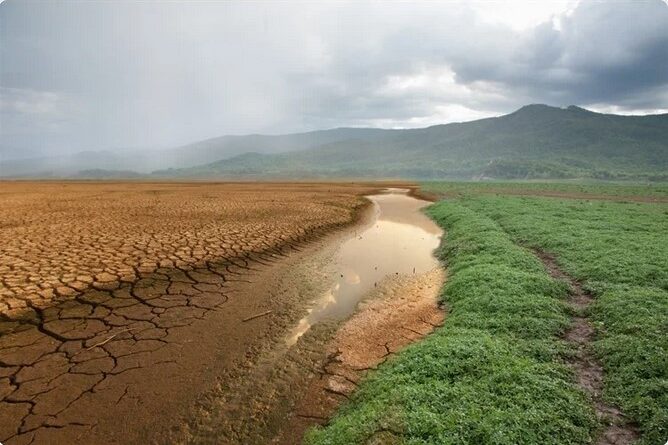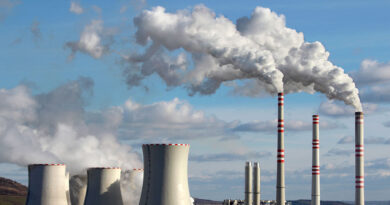Climate change: Deadly African heatwave ‘impossible’ without warming
A deadly heatwave in West Africa and the Sahel was “impossible” without human-induced climate change, scientists say.
Temperatures soared above 48C in Mali last month with one hospital linking hundreds of deaths to the extreme heat.
Researchers say human activities like burning fossil fuels made temperatures up to 1.4C hotter than normal.
A separate study on drought in Southern Africa said El Niño was to blame, rather than climate change.
A number of countries in the Sahel region and across West Africa were hit by a strong heatwave that struck at the end of March and lasted into early April.
The heat was most strongly felt in the southern regions of Mali and Burkina Faso.
In Bamako, the capital of Mali, the Gabriel Toure Hospital said it recorded 102 deaths in the first days of April.
Around half the people who died were over 60 years of age, and the hospital said that heat played a role in many of these casualties.
Researchers believe that global climate change had a key role in this five-day heatwave.
A new analysis from scientists involved with the World Weather Attribution group suggests the high day time and night time temperatures would not have been possible without the world’s long term use of coal, oil and gas as well as other activities such as deforestation.
According to the study, climate change meant temperatures were up to 1.5C warmer than normal in Mali and Burkina Faso, and made the night even hotter at 2C above the average. Across the region as a whole the five-day temperature was increased by 1.4C.
“For some, a heatwave being 1.4 or 1.5C hotter because of climate change might not sound like a big increase,” said Kiswendsida Guigma, a climate scientist at the Red Cross Red Crescent Climate Centre in Burkina Faso.
“But this additional heat would have been the difference between life and death for many people.”




